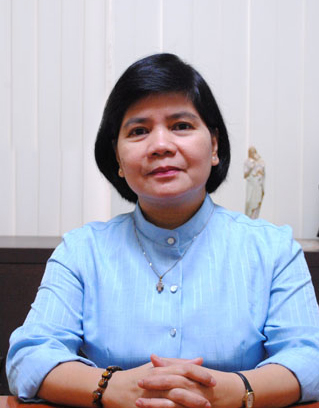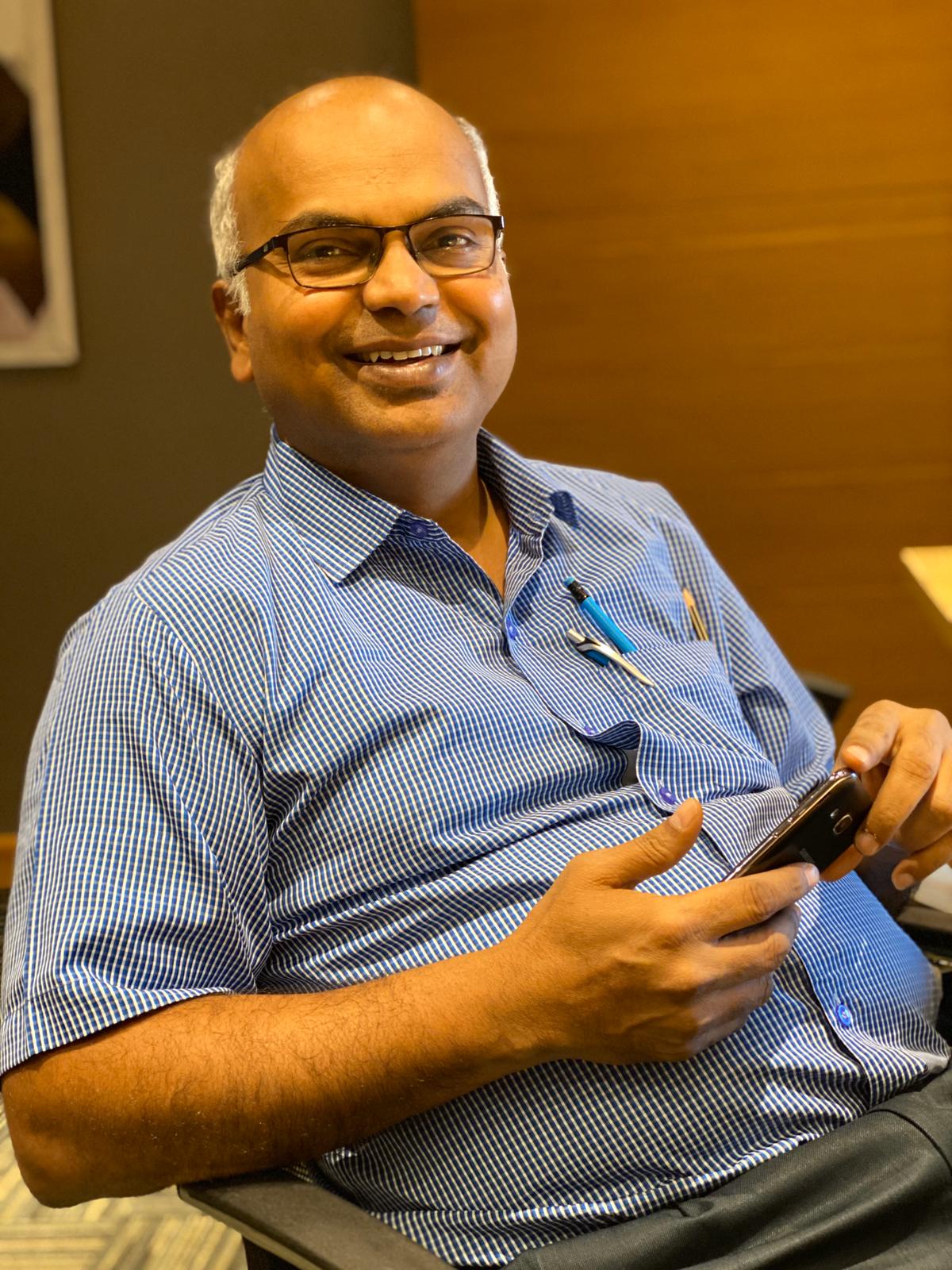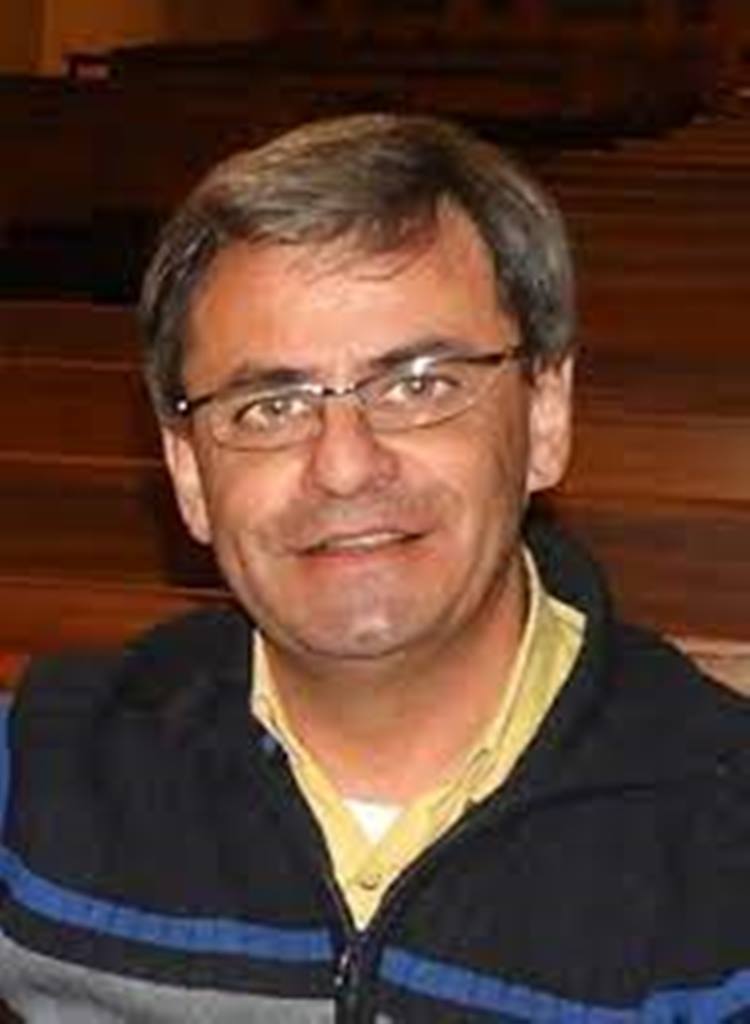The Theology and Ministry Program (LST) welcomes its Visiting Online Professors for this First Semester, Academic Year 2021-2022.
 JOSEFINA M. MANABAT, EdD, SLD is the Dean of the Graduate School of Liturgy, San Beda University, Manila. An alumna of LST, she obtained her Master of Arts in Theological Studies degree from the Ateneo de Manila University, where she taught theology for some years under the Ateneo’s Theology Department. “Jo” has a civil degree Doctorate in Religious Education from the De la Salle University, Manila and an ecclesiastical Doctorate in Sacred Liturgy from the Pontifical Institute of St. Anselm, Rome.
JOSEFINA M. MANABAT, EdD, SLD is the Dean of the Graduate School of Liturgy, San Beda University, Manila. An alumna of LST, she obtained her Master of Arts in Theological Studies degree from the Ateneo de Manila University, where she taught theology for some years under the Ateneo’s Theology Department. “Jo” has a civil degree Doctorate in Religious Education from the De la Salle University, Manila and an ecclesiastical Doctorate in Sacred Liturgy from the Pontifical Institute of St. Anselm, Rome.
TMP 203 Christian Worship
Tuesday, 9:00-11:50am
An introduction to the liturgical and sacramental life of the Church, the course studies the nature and scope of sacred liturgy based on its Christological and ecclesiological foundations. The history of liturgy and the liturgical renewal of Vatican II are considered, as also liturgy’s ministerial, hierarchical, communal, and communication dimensions. Key principles of sacramental theology are explained including the imperatives of inculturation, in view of further study of the individual sacraments.
.
FR. JOSEPH VICTOR EDWIN SJ, PhD is Lecturer on Islam and Christian-Muslim Relations at the Vidyajyoti College of Theology, New Delhi. He serves as Director of the Vidyajyoti Institute of Islamic Studies (VIDIS) and Secretary of the Islamic Studies Association (ISA). He edits the ISA quarterly “Salaam”. Victor holds a Masters degree in Islamic Studies at Aligargh Muslim University, India and earned his Licentiate in Sacred Theology from Vidyajyoti College of Theology, before gaining a M.Phil. in Christian-Muslim Relations at the University of Birmingham. He holds a Ph.D. in Islamic Studies from Jamia Millia Islamia, New Delhi.
TMP 225.03/TMP 325.03
Islam and Interreligious Dialogue:
Muslim-Christian Dialogue
Monday, 2:00-4:40pm
.
How have Christians and Muslims understood each other over the centuries, in different historical and geographical contexts? This question is very important because Muslims and Christians together account for more than half of the world’s population and the future of the world depends on peace between them. A critical understanding of relations between these two sets of believers, past and present, can help facilitate the building of a more peaceful and a secure world for all to live in.
.
This course aims at providing a general overview of Christian-Muslim understanding from historical and theological perspectives. Christians and Muslims living in different contexts and cultures have viewed each other and related with each other diversely. Often, hostility, and, at times, sympathy, marked their relationship. While ignorance and prejudice fanned mutual hostility, personal experiences of knowing one another and enjoying hospitality offered by the other greatly enhanced mutual understanding.
.
The Catholic Church reached out to Muslims in a big way through the Vatican II document Nostra Aetate, expressing esteem for them and for their faith, thus breathed a new spirit in Christian-Muslim relations. The World Council of Churches too addressed this issue directly in its various official documents. An important initiative for dialogue with Christians that came from the Muslim side was “A Common Word” initiative.
.
A common thread of these documents is, first and foremost, to affirm the faith convictions of the other and to recognise common grounds without any denying profound differences. The common grounds are take-off points for further enquiry to move towards reciprocal, appreciative and sympathetic understanding of each other and launching common efforts towards shared responsibility.
.

FR. EMETERIO CHAPARRO LILLO, CMF, STL, PhD of the Claretian Missionaries is Professor at the Instituto Teologico de Vida Religiosa – Universidad Pontificia de Salamanca (Madrid Campus) and Instituto Teologico Verbum Dei “San Pablo Apostol” in Madrid, Spain. He obtained his Doctorate in Hebrew Philology, with specialization in the semitic languages, from the Universidad Complutense de Madrid, Spain. He also has two licentiate degrees: in Biblical Theology from the Universidad Pontificia Comillas de Madrid, and in Hebrew Philology from the Universidad Complutense de Madrid.
TMP 211.90/TMP 311.90
Old Testament Seminar I:
The Deuteronomist: History, Literature, and Theology
Monday, 2:00-4:40pm
.
The course is a detailed approach to Deuteronomist theology and its different stages of historical evolution. Priority will be to recognize its decisive importance in interpreting much of the Old Testament and, at the same time, to make direct contact with its main literary and ideological characteristics through the texts.
.
For our research, we will have the contributions of the most representative researchers. We will necessarily start from J. Wellhausen with his work Die Composition Des Hexateuchs Und Der Historischen Bucher Des Alten Testaments (The composition of the Hexateuch and the historical books of the Old Testament) published in 1886 and, above all, M. Noth who, with his work Uberlieferungsgeschichtliche Studien (Studies of the history of traditions) published in 1943, laid the foundations for further research. Knowledge of recent research will provide a fairly complete view of the subject, such as this one, indispensable in any serious study of the Biblical text.
.
.
 JOSEFINA M. MANABAT, EdD, SLD is the Dean of the Graduate School of Liturgy, San Beda University, Manila. An alumna of LST, she obtained her Master of Arts in Theological Studies degree from the Ateneo de Manila University, where she taught theology for some years under the Ateneo’s Theology Department. “Jo” has a civil degree Doctorate in Religious Education from the De la Salle University, Manila and an ecclesiastical Doctorate in Sacred Liturgy from the Pontifical Institute of St. Anselm, Rome.
JOSEFINA M. MANABAT, EdD, SLD is the Dean of the Graduate School of Liturgy, San Beda University, Manila. An alumna of LST, she obtained her Master of Arts in Theological Studies degree from the Ateneo de Manila University, where she taught theology for some years under the Ateneo’s Theology Department. “Jo” has a civil degree Doctorate in Religious Education from the De la Salle University, Manila and an ecclesiastical Doctorate in Sacred Liturgy from the Pontifical Institute of St. Anselm, Rome.


